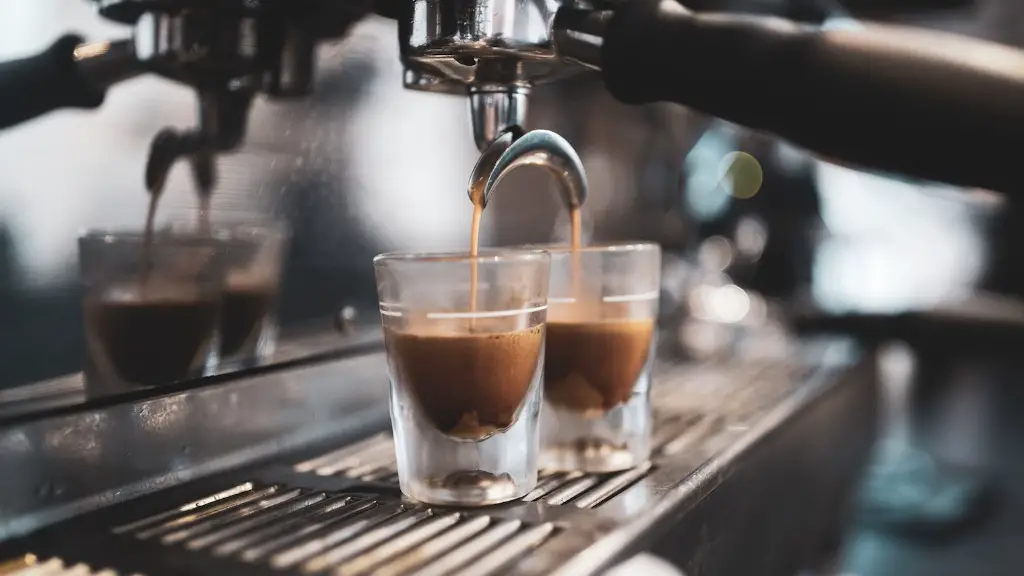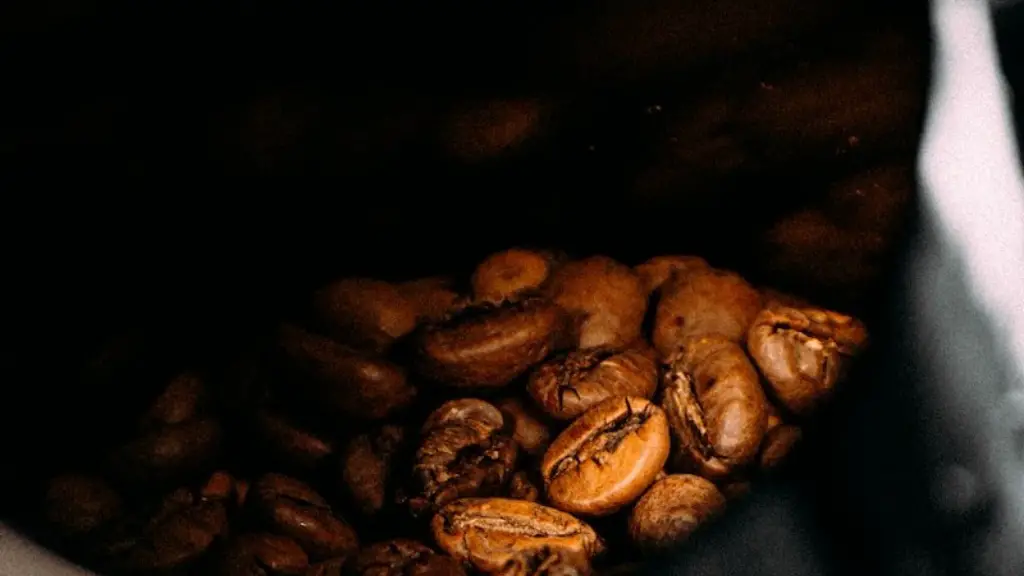Pain & Swelling
Having a tooth extraction can be painful and uncomfortable, but it is temporary and the pain and swelling should subside over time. Most people experience mild to moderate pain after a tooth extraction and some swelling in the area of the extraction. Swelling and pain should start to subside within a day or two, though discomfort may linger for a few days. Taking over-the-counter painkillers can help to manage pain and reduce inflammation. Nonsteroidal anti-inflammatory drugs (NSAIDs) such as ibuprofen and aspirin can help reduce pain and swelling. However, it is important to avoid taking aspirin, as it may increase the risk of bleeding.
It is also important to avoid drinking coffee (or other caffeinated beverages) in the first few days after the extraction, as it can cause further inflammation and delay healing. Caffeine can also reduce the effectiveness of painkillers. If you are taking painkillers, it is best to avoid drinking coffee for at least 12 hours. It is also important to avoid drinking alcohol or smoking, as these can delay healing and put you at greater risk of infection.
It is important to follow your dentist’s instructions for post-extraction care, including the use of antibiotics, in order to aid the healing process.
Replacing the Tooth
If the tooth has been extracted due to decay or infection, it may need to be replaced. Depending on the type of tooth extraction and the condition of the surrounding teeth, the replacement tooth could be a dental implant, a bridge, or a partial denture.
Once the tooth extraction site has healed, the dentist may be able to place the replacement tooth in the same day. This will depend on the complexity of the case and your individual circumstances. Some cases will require multiple visits, as the dentist may need to take impressions of the teeth and fit a dental bridge or implant. The healing process of the replacement tooth will also take several weeks.
Diet
The extraction site will need to be left to heal completely before you can eat normally. Initially, it is best to stick to a soft, bland diet such as yoghurt, soup, mashed potatoes, and scrambled eggs. Avoid crunchy or chewy foods, and avoid consuming hot food or drinks for at least 48 hours, as these can irritate the extraction site.
It is important to drink plenty of fluids in the days following the extraction. Staying hydrated can help to reduce swelling and speed up the healing process. Once the site has healed, it is safe to return to your normal diet.
Brushing & Flossing
It is important to continue brushing and flossing your teeth when you have had a tooth extraction. Be sure to brush and floss gently and avoid the area around the extraction site. It is also important to floss between the remaining teeth, as this will help to prevent the buildup of plaque and tartar.
Regular Checkups & Cleanings
Regular dental checkups and professional dental cleanings are important for maintaining oral health. This helps to identify any potential problems and to prevent the buildup of plaque and tartar on the teeth and gums. It is best to have a checkup and cleaning at least twice a year, or as recommended by your dentist.
Caring for the Tooth Extraction Site
It is important to follow your dentist’s instructions for caring for the tooth extraction site. This may involve rinsing the area with warm salty water several times per day. It is also important to avoid picking at the site and to avoid drinking alcohol or smoking, as this can delay healing.
Preventing Infection
Once the extraction site has healed, you should be able to drink coffee and other caffeinated beverages. However, drinking too much caffeine can make it harder to manage pain and swelling. In addition, it is important to take precautions to prevent infection. This includes avoiding drinking from a straw and brushing too hard around the extraction site. If you experience any signs of infection, such as redness, swelling, or pain, visit your dentist for treatment.
Oral Hygiene
It is important to practice good oral hygiene at all times in order to maintain healthy teeth and gums. This includes brushing twice daily, flossing once daily, and using an antibacterial mouthwash. Regular visits to the dentist for checkups and cleanings will also help to maintain good oral health.
Conclusion
Although having a tooth extraction can be painful and uncomfortable, the pain and swelling should subside over time. It is important to follow your dentist’s instructions for post-extraction care and to avoid drinking coffee or other caffeinated beverages in the first few days after the extraction. Once the extraction site has healed, it is safe to return to your normal diet and resume drinking coffee. It is also important to practice good oral hygiene to prevent infection and maintain good oral health.



